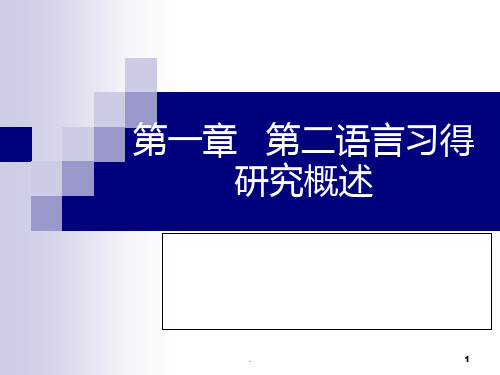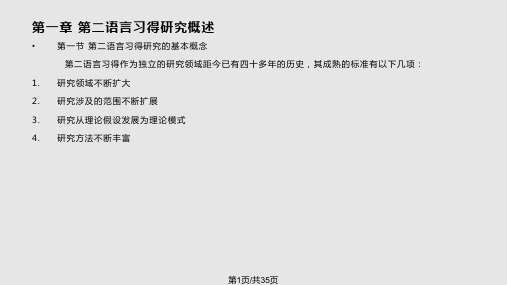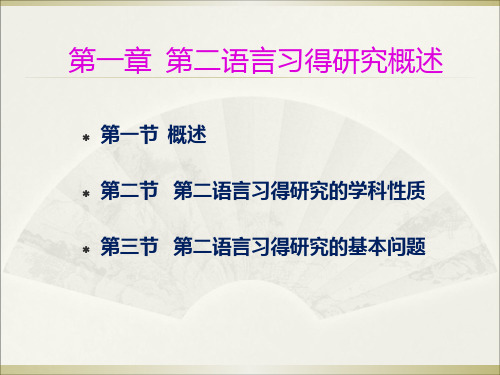Short-term studies speak only to differential rate of acquisition, not to absolute abilities. They favor older learners because of their “teach and test”, greater cognitive development and test-wiseness.
As revealed by long-term studies, yonger is better in ultimate attainment. Quite young starters achieve accent-free, native like performance.
As revealed by short-term studies, adults faster than children. The rate advantage is limited in several ways, in early morphology and syntax, it is temporary. Younger adults outperform older adults even in short-term studies.
In addition to age, language aptitude, social-psychological factors, personality, cognitive style etc also explain the differential success among learners.
6.1 Introduction
Language mastery is not often the outcome of SLA. There is a much broader range of language proficiency achieved among second language learners than first.










